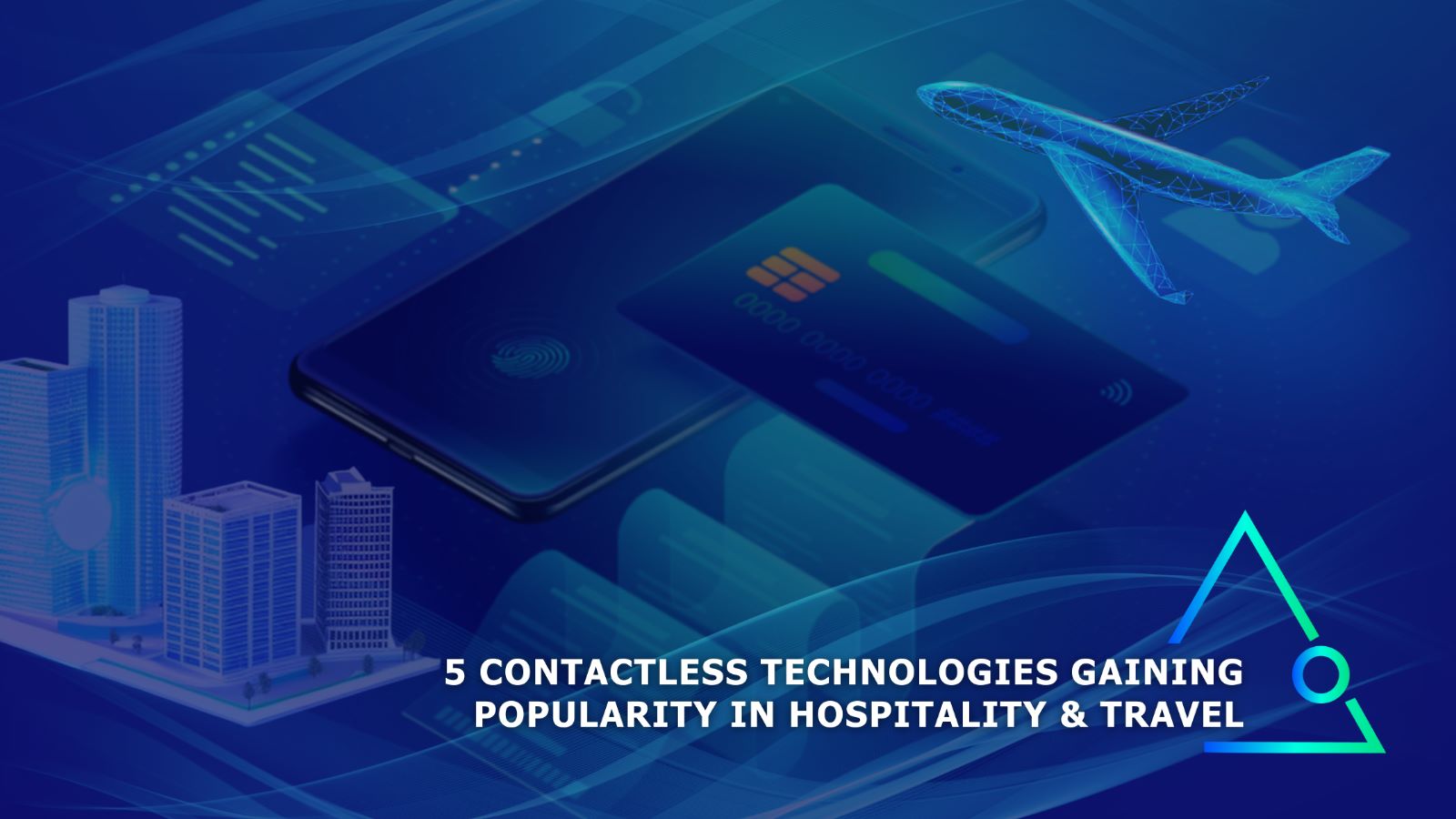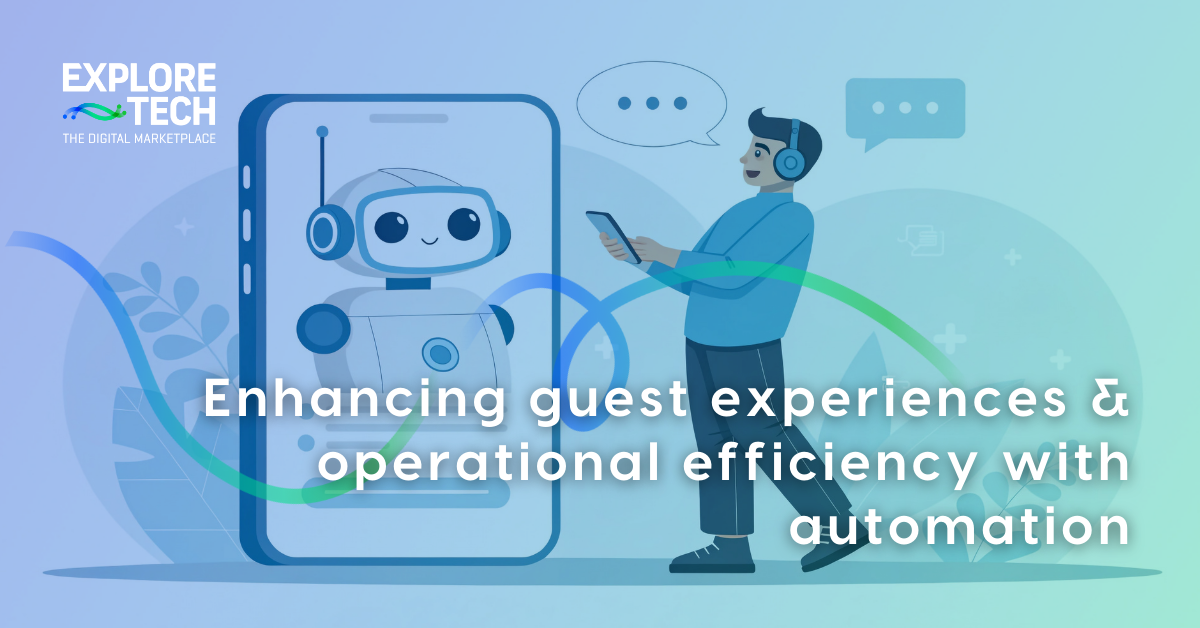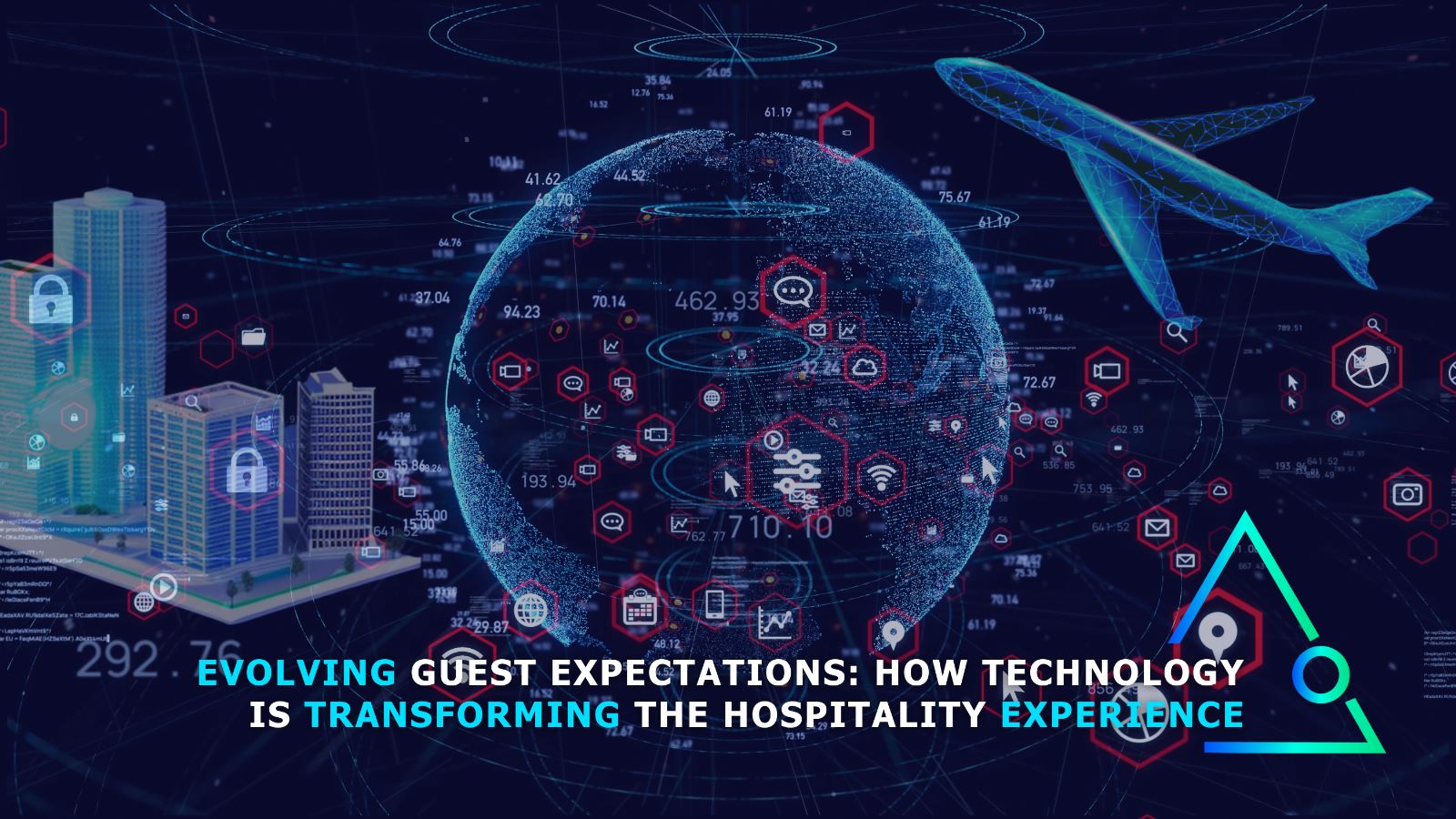
The hospitality and travel industry is continuously evolving, and the emergence of contactless technologies has brought significant changes to the industry. These technologies have been used for several years and are increasingly becoming more mainstream. In this article, we will explore five contactless technologies transforming the hospitality and travel industry.
Mobile Payments
Mobile payment systems are digital payment methods that allow individuals to make payments for goods and services using their smartphones or other mobile devices. These systems use near-field communication (NFC), QR codes, or other wireless technologies to facilitate secure customer and merchant transactions. Mobile payment systems eliminate the need for physical cash or cards, allowing users to make payments quickly and conveniently with just a few taps on their smartphones. The adoption of mobile payment systems has increased in recent years, especially in the hospitality and retail industries, as businesses seek to improve customer experiences and streamline their operations.
Mobile payment systems have been around for a while and are gaining more traction in the hospitality industry. With this technology, guests can pay for their meals or accommodation using their smartphones, eliminating the need for physical cash or cards. Besides being convenient, mobile payment systems are safer since they reduce the risks of carrying cash. Implementing mobile payment systems can improve customer experience and increase operational efficiency by reducing transaction times.
Example: Adyen
Adyen is a payment platform that enables businesses to broaden their reach in new markets by incorporating various payment methods. It serves as a central hub for receiving, processing, and settling payments across multiple sales channels.
In addition to mobile payments, Adyen facilitates various forms of online and in-person payments, such as debit cards, digital wallets, and recurring payments. Adyen offers three integration options for digital payment solutions: drop-in, components, and API only, to provide convenience to merchants. Furthermore, for in-person payments, Adyen provides a single web-based API to simplify integration.
Find out more about Adyen’s products.
Virtual Concierge
Virtual concierge services are becoming increasingly popular in the hospitality industry as they offer a way for hotels to improve their customer experience and differentiate themselves from competitors. Virtual concierge services refer to technology-based solutions that enable guests to access information and services related to their hotel stay or travel experience through their mobile devices or other smart devices.
These services may include access to local recommendations and attractions, booking services, room service, transportation arrangements, and other amenities. Virtual concierge services can be accessed through mobile applications, chatbots, or voice-activated assistants, providing guests with a convenient and personalized experience.
Virtual concierge services have been used in the hospitality industry for some time. However, their usage is growing, especially with the increased use of smartphones and other smart devices. Virtual concierge services enable guests to access information about the hotel, its facilities, and surrounding areas through their devices. Some hotels have gone further by integrating chatbots into their virtual concierge services, enabling guests to make requests or get information by merely chatting with the bot.
These services may include access to local recommendations and attractions, booking services, room service, transportation arrangements, and other amenities. Virtual concierge services can be accessed through mobile applications, chatbots, or voice-activated assistants, providing guests with a convenient and personalized experience.
Virtual concierge services have been used in the hospitality industry for some time. However, their usage is growing, especially with the increased use of smartphones and other smart devices. Virtual concierge services enable guests to access information about the hotel, its facilities, and surrounding areas through their devices. Some hotels have gone further by integrating chatbots into their virtual concierge services, enabling guests to make requests or get information by merely chatting with the bot.
Mobile Check-in
Mobile check-in technology is revolutionizing the hotel industry. Guests can now check in to their rooms using their smartphones, which is convenient and helps hotels streamline their check-in process, reducing wait times for guests. Mobile check-in technology enables hotels to provide a faster and more efficient check-in experience, reducing the time guests spend in the lobby.
Mobile check-in systems have become increasingly popular in the travel industry as more and more travelers rely on their smartphones and mobile devices for convenience and flexibility. These systems allow passengers to check in for their flights, select seats, and even access boarding passes, all through a mobile app or website.
Example: Ezee Absolute
eZee Absolute is a complete cloud-based hotel PMS system which helps hotels in automating operations right from front-office, back-office, check-in, check-out, reservations, billing, housekeeping, and many more. eZee Absolute helps hotels to improve the guest experience they impart and increase their revenue. eZee Absolute is a perfect fit for all types and sizes of accommodations viz. hotels, motels, guest houses, B&Bs, serviced and boutique apartments, hostels, and even hotel groups.
Smart Room Technology
Hotels increasingly adopt smart room tech to differentiate and enhance guest experience. Smart room technology is advanced systems integrated into hotel rooms, including temperature/lighting control, entertainment, smart mirrors, voice-activated assistants, and other IoT devices. Guests can control it through mobile apps, voice commands, or remote control devices, personalizing their stay.
This technology also allows hotels to reduce their energy consumption by automatically adjusting room settings based on occupancy.
Contactless Room Service
Contactless room service technology allows guests to order food and amenities using their mobile devices and receive deliveries directly to their rooms without physical contact with staff. It reduces labor costs for hotels while providing a more convenient and personalized guest experience.
Contactless room service technology is gaining more acceptance in the hospitality industry, particularly after the COVID-19 pandemic. With this technology, guests can order food and other amenities using their smartphones, and the items are delivered to their rooms without any physical contact with staff.
This technology provides guests with a safer and more convenient experience while helping hotels reduce labor costs by reducing the number of staff required to handle room service orders.
In conclusion, contactless technologies are transforming the hospitality and travel industry, providing guests with more convenient and safer experiences while improving operational efficiency for businesses. The adoption of these technologies is expected to continue to grow as technology advances and guest expectations evolve. Hotels and other travel-related businesses that embrace these technologies will likely provide better experiences for their guests while improving their bottom line in the long run.
Dive into ExploreTECH to discover the many contactless solutions available to the hospitality and travel industries.

ExploreTECH Content Team
admin


